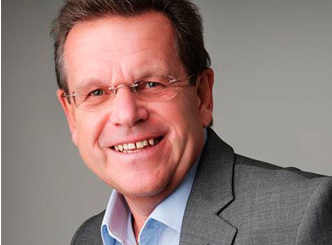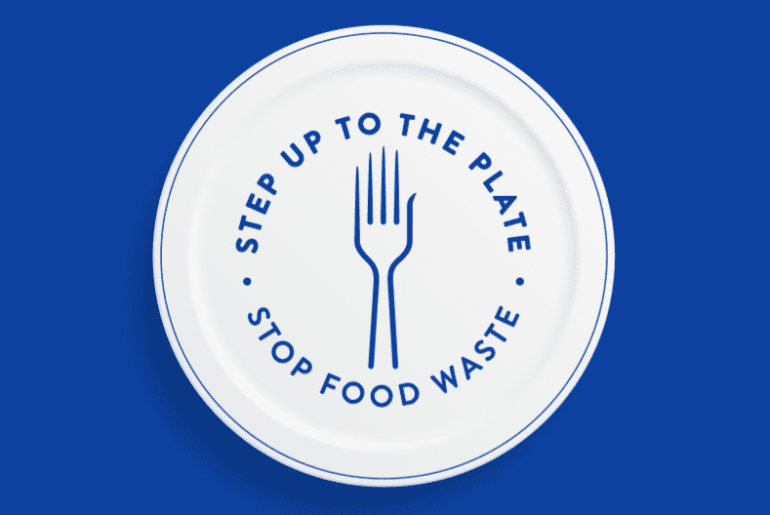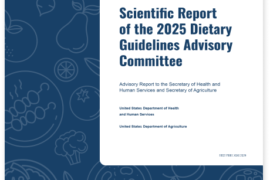Richard Harrow, chief executive of the British Frozen Food Federation
(BFFF), is urging the UK Government to highlight the role frozen
products can play in helping achieve “Step up to the Plate” food waste
reduction targets.
 BFFF Chief Executive Richard Harrow
BFFF Chief Executive Richard Harrow
Speaking after a major symposium event at London’s Victoria and Albert
Museum on May 13, which was co-hosted by Environment Secretary
Michael Gove, Harrow said he felt disappointed at the lack of emphasis
on frozen as having a significant part to play in reducing food waste.
“The scale of food waste in the UK is truly shocking and I firmly believe
frozen has a vital role to play in waste reduction efforts, so I had no
hesitation whatsoever in signing up to ‘Step up to the Plate’,” stated
Harrow.
“However,” he added, “although the event featured lots of discussion
about food waste and redistribution – as well as a speech by Dr. Emily
Shuckburgh highlighting how the eradication of food waste will have a
massive impact on controlling climate change – there was hardly
anything around the wider use of frozen food, which is hugely
disappointing.
“Frozen has a range of brilliant benefits in terms of extending
preservation and locking in nutrients, as well as enabling people to only
use what they need, which in itself contributes significantly to reducing
waste.
“Research shows increasing frozen food can significantly
reduce edible food waste in the supply chain, while any waste produced
in frozen production occurs higher up in the supply chain and so
therefore has less impact.
“Government has woken up to the fact the UK has a huge problem that
needs to be fixed but needs to start seeing frozen as a significant part of
the solution. The ‘Step up to the Plate’ symposium was a great start, but
clearly there’s more to be done,” he concluded.
“Step up to the Plate,” which was co-hosted by the government’s first
food surplus and waste champion Ben Elliot [Chairman of the
Quintessentially Foundation], urged attendees to make a number of
commitments to measure and reduce their own food waste while
inspiring others to do the same.
Its aim is to encourage major players from the worlds of food retail and
hospitality, as well as chefs and social media influencers, to “join
together to ignite a cultural shift in how we view and treat food.”
Organizations and individuals who signed up to the “Step up to the
Plate” pledge have committed to reduce food waste in a number of
different ways, including:
- Setting an ambitious target to halve food waste by 2030, in line
with UN Sustainable Development Goal 12.3 - Embracing a Food Conversation week of action in November of
2019 to highlight changes that can be made - Using their voice and profile to empower and encourage citizens,
including members of the younger generation - Changing their habits as individuals to be food value champions at
work and at home, buying only what they need and eating what
they buy.
Secretary Gove remarked: “Together, we must end the moral, economic
and environmental scandal of food waste. The UK is showing real
leadership in this area, but I urge businesses to join me in signing the
pledge so we can bring about real change.
“Every year, around 100,000 tons of readily available and perfectly
edible food goes uneaten. It’s time to join together and ‘Step up to the
Plate’ to stop good food going to waste.”
BFFF’s Harrow added: “A key message coming through at the
symposium was 70% of food waste happens in consumers’ homes.
Frozen has the power to significantly reduce this statistic, so
Government needs to focus more on frozen as part of the solution if it is
to achieve its food waste targets.”





